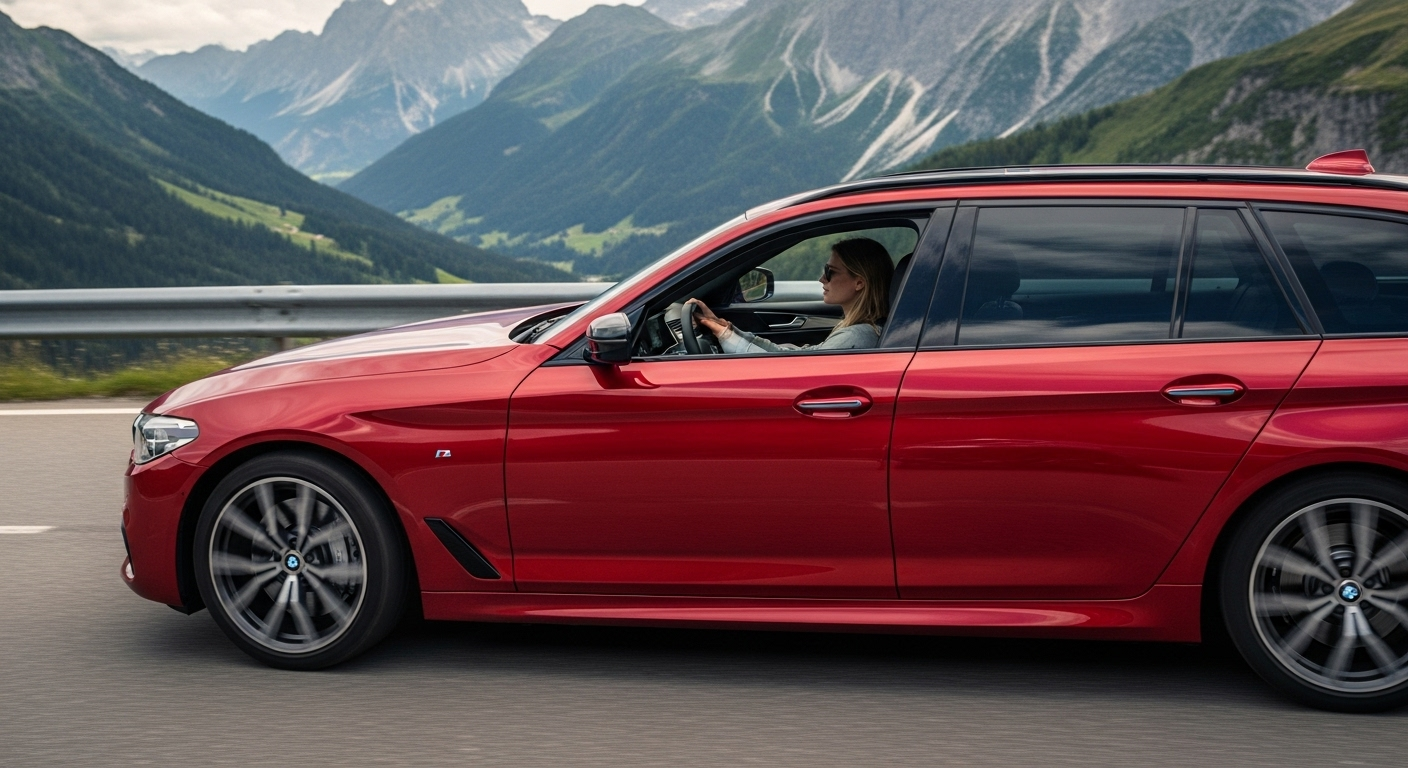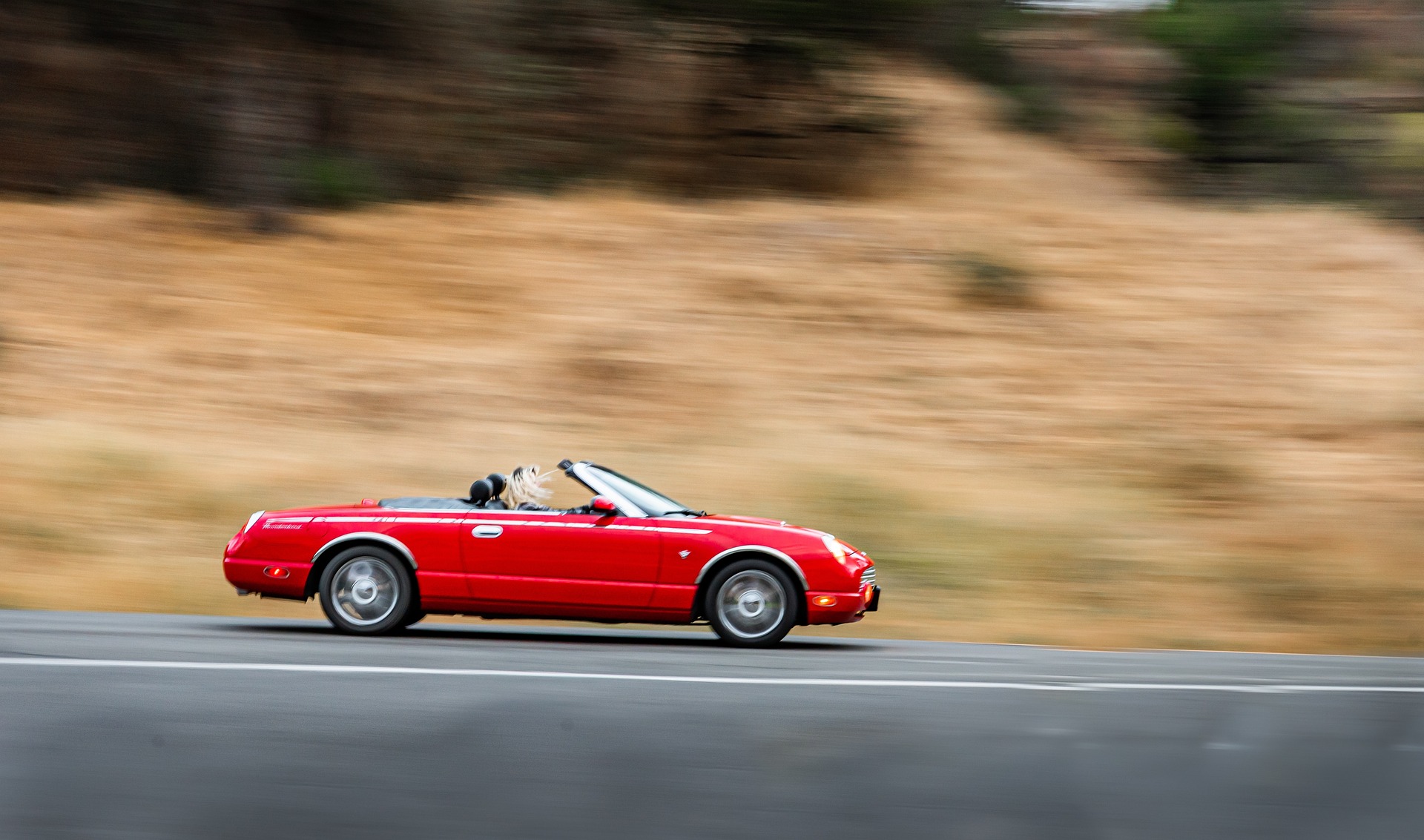Rekindling the Love for Station Wagons: A Modern Perspective
Station wagons, once a beloved family vehicle, have been overshadowed by the rise of sport utility vehicles (SUVs) and crossovers in recent decades. However, it's worth noting that these versatile vehicles are making a comeback, offering a blend of practicality and performance that's hard to ignore.

The Station Wagon: A Brief History
Station wagons have been part of the automotive landscape for over a century. Originating from the early 20th century, they were initially used to transport passengers and luggage between train stations and hotels, hence their name. These vehicles were characterized by their extended rear cargo area, a feature that has remained consistent over the years.
In the 1950s and 60s, station wagons became popular as family vehicles, renowned for their ample interior space, comfort, and versatility. By the 80s, however, the rise of minivans and later SUVs led to a decline in their popularity. Despite this, station wagons have maintained a loyal following, particularly among car enthusiasts who appreciate their unique blend of utility and performance.
The Modern Station Wagon: A Blend of Utility and Performance
Today’s station wagons are a far cry from their utilitarian predecessors. Modern versions often come equipped with high-performance engines, advanced drive systems, and luxurious interiors, while still retaining the practicality and versatility that made them popular in the first place.
Brands like Volvo, Audi, and Mercedes-Benz have led the charge in revamping the station wagon’s image, offering models that combine sporty handling, powerful engines, and sleek designs with spacious interiors and large cargo areas. These vehicles provide a unique alternative to SUVs, offering similar space and practicality but with better fuel efficiency and driving dynamics.
Current Trends: High-Performance Wagons
One of the most exciting trends in the station wagon segment is the emergence of high-performance models. These vehicles, often dubbed ‘super wagons’, offer the performance of a sports car with the practicality of an SUV.
Whether it’s the Audi RS6 Avant with its twin-turbo V8 engine, the Mercedes-AMG E63 S Wagon with its drift mode, or the Volvo V60 Polestar Engineered with its advanced hybrid powertrain, these super wagons offer exhilarating performance without compromising on practicality.
The Impact: Reimagining the Family Car
The resurgence of station wagons presents an interesting shift in the automotive industry. As consumers look for alternatives to SUVs and crossovers, station wagons provide a unique proposition. They offer the space and utility of an SUV, the performance and handling of a sports car, and the fuel efficiency of a sedan.
Moreover, they challenge the notion that family cars need to be boring. With their sleek designs and high-performance capabilities, modern station wagons prove that practicality and excitement can coexist.
Wrapping Up: The Future of Station Wagons
The future of station wagons looks promising. As more manufacturers recognize their potential and invest in their development, we can expect to see more exciting and versatile models hitting the market. While they may never reach the popularity of SUVs, station wagons are carving out a niche for themselves, proving that there’s still a place for these versatile vehicles in the modern automotive landscape.






